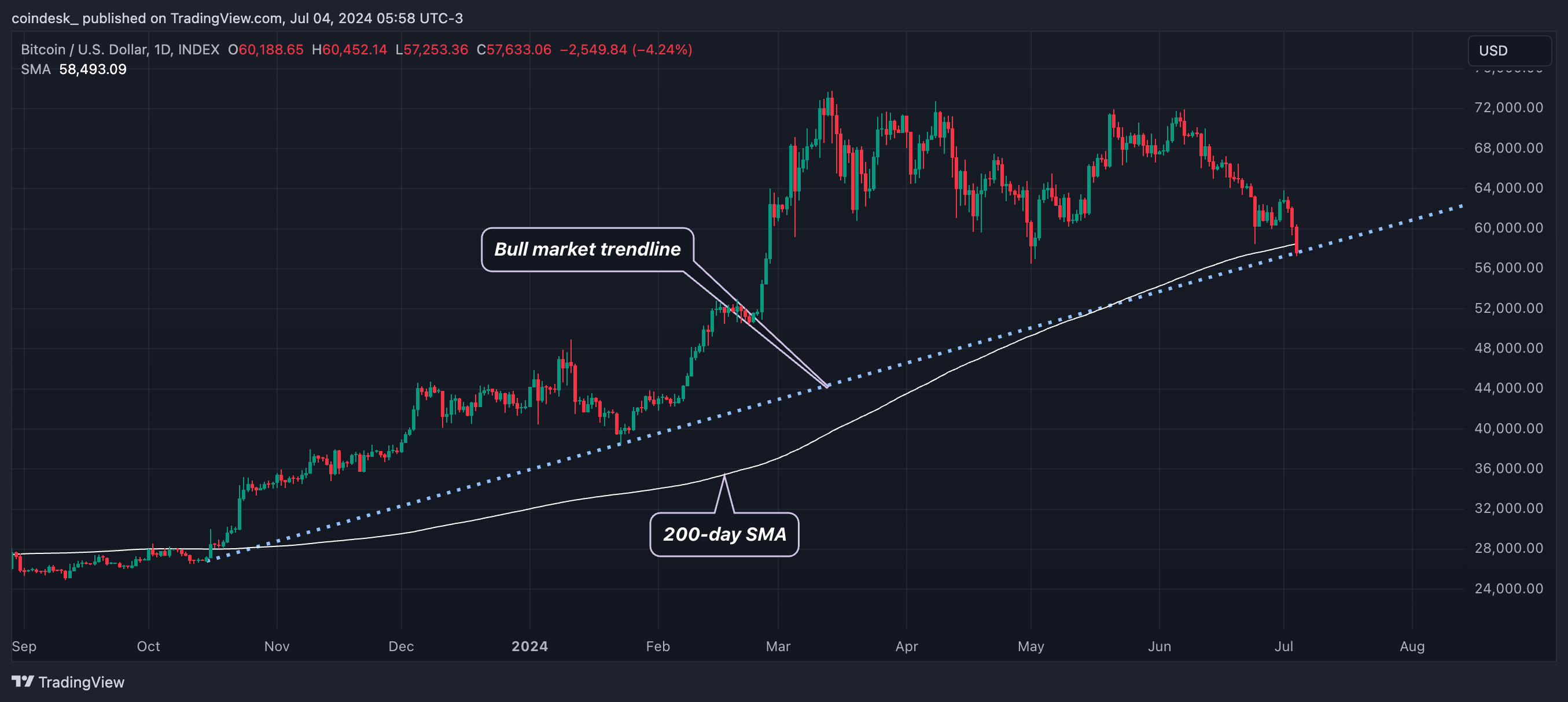In Brazil, the real saw a 0.1% increase against the dollar as inflation came in lower than expected in August. Meanwhile, Latin American currencies experienced a decline to a three-week low this week in a volatile trading session, primarily influenced by losses in the Mexican peso. Simultaneously, the dollar maintained its six-month peak, influenced by concerns about China and global economic growth.
Latin American currencies decrease against the dollar
MSCI’s index of Latin American currencies registered a 0.2% decrease against the dollar. The Mexican peso, on the other hand, faced its fifth consecutive session of decline against the greenback, sliding by 0.7%. On the other hand, South America’s largest economy saw a 0.05% rise, compared to the 0.4% increase in July.
Economists’ polls suggest that Mexico’s inflation is expected to have slowed in August for the seventh consecutive month, with the closely monitored core index anticipated to return to 2021 levels. Meanwhile, the Chilean peso saw a 0.1% decline following the central bank’s downward revision of its 2023 economic performance estimate. The bank now foresees no growth in gross domestic product in the most optimistic scenario after it cut its benchmark interest rate by 75 basis points to 9.5% on Tuesday in a unanimous decision.
Goldman Sachs noted that they expect another 75 bps cuts in the two remaining meetings (October and December) for an end-of-year policy rate of 8.0%. Additionally, the Peruvian sol experienced a 0.4% decline in value.
Across Latin American stocks, there was a 0.5% decline. However, Brazil’s Bovespa index showed a 0.4% rise. Notably, Petrobras experienced a 1.0% surge after the state-run oil company entered into contracts with gas company Compagas for the supply of natural gas, valued at around 6.4 billion Reals ($1.28 billion).
Vale, the Brazilian mining company, saw a slight uptick of 0.1% after announcing an agreement with Sweden-based H2 Green Steel to explore the potential development of industrial hubs in Brazil and North America.
In other significant developments, Chile’s Codelco successfully raised $2 billion in a bond offering in New York on Tuesday. As the world’s leading copper producer, Codelco aims to secure funding for an investment initiative to revitalize its production levels.
Regarding other emerging markets, Poland’s zolty experienced a sharp 1.4% drop to a four-month low following the central bank’s decision to reduce its main interest rate by 75 basis points to 6.00%. Additionally, there were indications that another rate cut might be on the horizon in September if inflation fell to single digits.
Tax slump in outperforming Brazilian economy
Despite Brazil experiencing significant economic growth surpassing initial projections in the year’s first half, tax revenue has sharply declined. This discrepancy highlights concerns about the central government’s ambitious new fiscal targets and has disrupted plans for an extensive tax reform.
The divergence between robust economic growth and disappointing government revenue can be attributed to the driving forces behind Brazil’s recent economic upswing. A strong start to 2023, characterized by an exceptional harvest coupled with robust oil and mining production, has positioned the economy to grow by over 3% this year. That starkly contrasts with the sub-1% growth forecasted by most economists at the beginning of the year.
However, Brazil’s exporters of commodities bear a lighter tax burden than retailers and heavy industries. That effectively bolsters the Gross Domestic Product (GDP) more than it does government revenue. According to Rafaela Vitoria, the Chief Economist at Banco Inter, this dynamic is likely to remain the same. She anticipates that tax collection in the latter half of 2023 will remain stagnant, particularly in the manufacturing and retail sectors.
A ministry official from Brazil’s Finance Ministry confirmed that a substantial portion of this year’s unexpected growth is expected to originate from the relatively undertaxed agricultural sector, though this information was shared on the condition of anonymity due to its internal nature.
As of June, the central government’s revenue has experienced a 5% decline in real terms compared to the previous year. That led the Finance Ministry to revise its estimate for this year’s primary deficit to 145 billion reais, equivalent to 1.4% of the GDP. Consequently, the ministry is swiftly implementing emergency measures to bolster tax revenue by the following year, following new fiscal regulations mandating the government to eliminate this deficit.
However, this approach has raised concerns among certain individuals within the Finance Ministry, as reported by two other ministry officials. They fear that the rush for additional revenue could undermine the broader initiative to revamp the tax code in Latin America’s largest economy. Finance Minister Fernando Haddad had initially made strides in Congress towards consolidating consumption taxes and had pledged to initiate an income tax reform in the latter half of the year.
Nevertheless, President Luiz Inacio Lula da Silva has increased taxes on closed-end investment funds through an executive order and proposed closing a tax loophole related to shareholder payouts. These measures were originally slated for discussion as part of the comprehensive income tax reform in Congress but have now taken precedence in the debate.
UAE and Brazil enter partnership
The UAE and Brazil have forged a partnership to facilitate the exchange of knowledge and expertise in economics as part of the Emirates’ government experience exchange program. This collaboration was announced during a visit by a delegation of Brazilian officials to the UAE, as confirmed by a statement from the UAE Ministry of Cabinet Affairs.
Minister of Economy, Abdulla Bin Touq, emphasized that this partnership would provide teams in both the UAE and Brazil with insights into the best government practices and expertise. Additionally, it aims to highlight investment opportunities for entrepreneurs from both nations to catalyze significant growth in economic and trade cooperation. Furthermore, the initiative seeks to explore avenues for sharing knowledge pertaining to government initiatives and sustainable economic development. The delegations from the UAE and Brazil exchanged best practices across critical areas of economic policy and strategy, encompassing foreign trade, investment, economic development, intellectual property, anti-money laundering, and competition.





